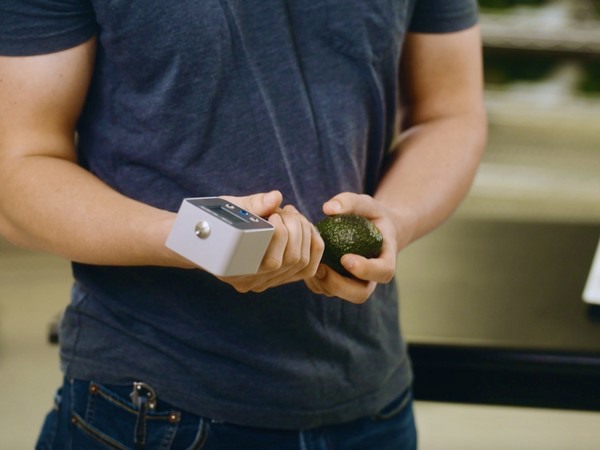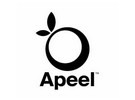According to a recent study from the University of Illinois Urbana- Champaign’s Applied Research Institute, Apeel Sciences’ proprietary method of testing avocado ripeness is up to three times more accurate than current industry testing mechanisms. The durometer, pioneered for produce ripeness testing by the company, is an efficient and non-destructive alternative to testing avocado ripeness and is more consistent in testing ripe fruit when compared to the existing method of using a penetrometer.
“Apeel has been using this testing method for years, enabling us to understand the performance of our plant-based protection and amass unique data and insight on how fruit ripens,” said Ryan Fink, senior vice president Americas.
In the tests conducted by the Illinois Applied Research Institute, avocado ripeness was tested over nine days. The study found that while both the durometer and the penetrometer were able to monitor the ripening of avocados over time, their effectiveness varied depending on the stage of avocado ripening. The penetrometer was better able to differentiate the firmness of the Stage 1 avocados (those that are totally green and firm), both methods were useful in the intermediate Stages 2-3 (still green and too firm to eat), and the durometer was better for differentiating the firmness of the avocados in Stages 4-5 (edible and ideal for eating). In all cases, the measurements taken by the durometer were more consistent and had much lower variation than those taken by the penetrometer.
 The durometer is an efficient and non-destructive alternative to testing avocado ripeness.
The durometer is an efficient and non-destructive alternative to testing avocado ripeness.
The durometer uses a pressure sensor, which when applied to the exterior of the fruit closely resembles the way a consumer would test at the shelf. Alternatively, the penetrometer takes a sample of flesh from the avocado and measures the PSI of the pulp, which ultimately destroys the fruit. The variance and inconsistency of the measurement, as demonstrated in the recent research, also means that retailers would need to test, and destroy, more fruit to get an understanding of ripeness, or risk putting an incorrect specification on their shelves, wasting countless avocados in the process.
Due to the speed and efficiency of testing using a durometer, distributors and grocery retailers can test more fruit, offering a more data-driven approach to shifting specifications to ripe and ready-to-eat avocados on shelf. Apeel is also developing a digital insights platform to help retailer quality teams and produce executives capture and analyze this ripeness data at scale. Multiple studies indicate that +70 percent of demand is for avocados between Stages 3 and 5 (almost ripe or ripe and edible), so the end result would be the ability to best merchandise to meet this demand.
In addition, Bareiss North America has entered into an exclusive partnership with Apeel for Bareiss’s Digital Fruit Hardness Tester - HPE III Fff device.
 For more information:
For more information:
Tim Frisbie
Apeel
Tim.Frisbie@edelman.com
https://www.apeel.com/
